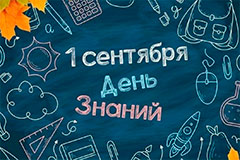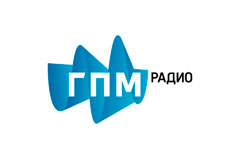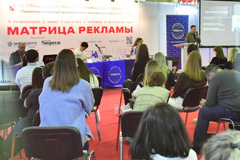Fyodor Medvedev, Gennady Kulikov
A Look at the Soviet Trade Unions
Издательство: Профиздат, 1983 г.
Книгопечатная продукция
Объем: 220 стр.
The idea of writing this book was prompted by the growing interest of trade unionists abroad in the work oi the Soviet trade unions. As our unions steadily expand their international contacts more and more people abroad want to get a fuller picture of their functions and activities. How these contacts are growing can be seen from the following figures: in 1981 the Soviet trade unions played host to 976 groups of trade unionists from 126 countries, as compared to 554 groups from 102 countries in 1970; the number of people in these groups rose from 1,941 in 1970 to 3,845 in 1981.
Wherever it lakes place - in the USSR or some other country, every meeting between Soviet and foreign trade union otficials and activists is a dialogue. As a rule, the visitors put many questions to their Soviet hosts. Some of the questions are simple, while others are intricate, touching on political and social issues. At times, a question is clearly an attempt to malign the socialist system. Most of the questions, however, are prompted by a sincere desire to learn as much as possible about the USSR and its trade unions, especially in view of the fact that bourgeois propaganda paints a distorted picture of life in the USSR.
Answers to the questions constitute the basis oi this book.
Here the reader will learn about the status, rights and functions of trade unions in the socialist society; their structure, guiding bodies and democratic forms of work. We hope this will help the reader abroad to understand the new features in the work of the Soviet trade unions and to see the prospects opened up to them by the policy statements of the Communist Party of the Soviet Union.
The facts set forth in this book graphically refute false ideas and inventions about the Soviet trade unions. They are a starting point for a frank dialogue with people abroad. This is the only road to mutual understanding and confidence among nations in the world today.
And so, the dialogue continues.










